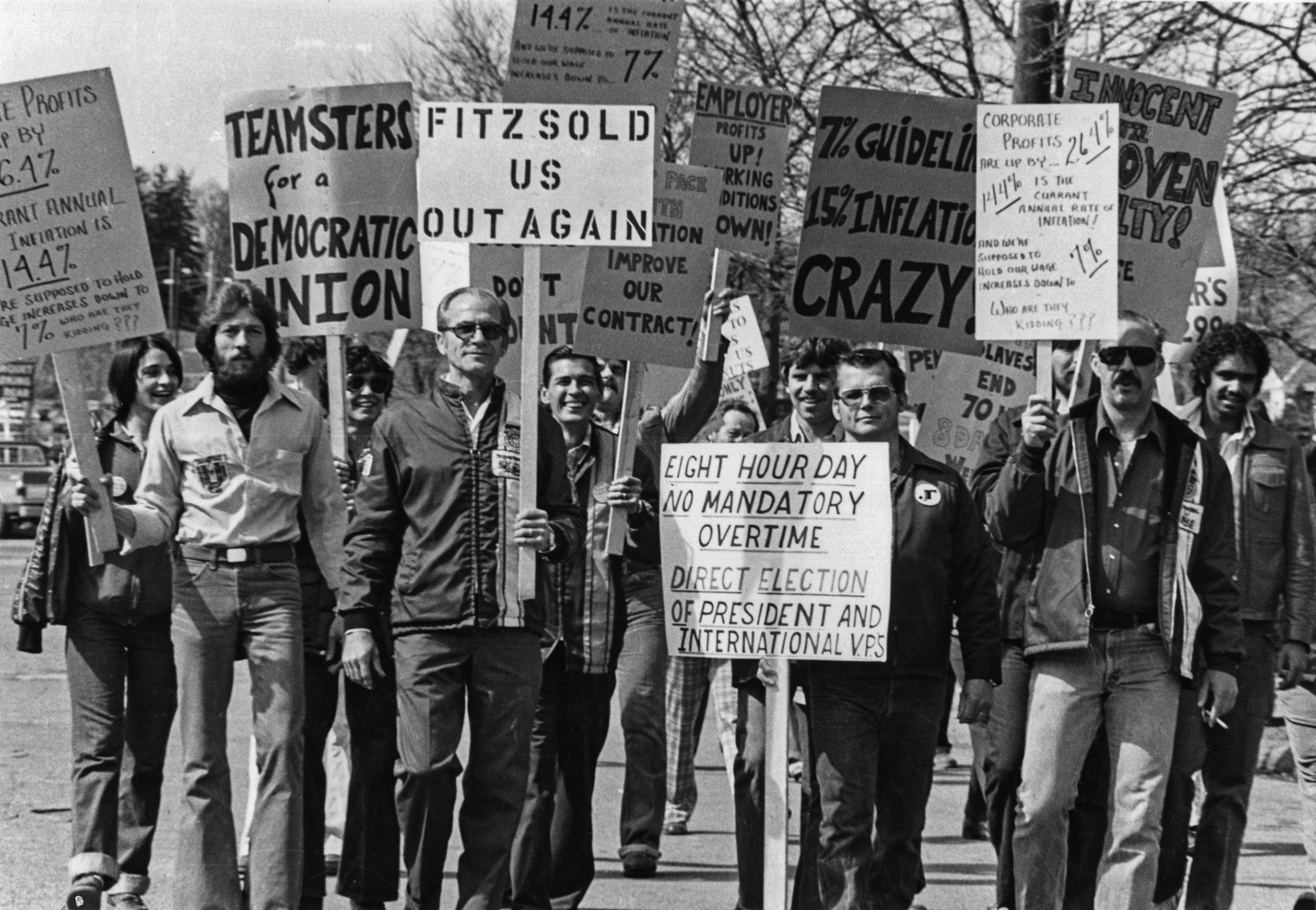The Financial Times has raised its subscription prices by a staggering 20%, pushing access to quality journalism further out of reach for average readers. This move comes at a time when many workers are grappling with rising living costs and stagnant wages, highlighting the growing disparity in access to information that is essential for economic empowerment.
Subscription Pricing Increases Burden Working Families
As reported by Pricing & Plans, the Financial Times now charges €69 per month for complete digital access. This increase is not just a number; it represents a significant financial burden for those already struggling to make ends meet. For working-class families, every euro counts, and a monthly subscription adds to their mounting expenses.
Economic Divide Widening with Information Access
According to Financial Times Subscription Pricing Changes, over a million readers currently pay for access, but this number is likely to dwindle as prices rise. The implications are severe: a society where only the wealthy can afford to stay informed is one where economic justice is further undermined. The digital divide is deepening, with crucial insights on business, finance, and politics being locked behind paywalls.

European Parliament demands freeze of EU recovery money for ...
Impact on Public Discourse and Accountability
With rising subscription costs, the Financial Times risks alienating the very readers who need its investigative reporting the most. The implications of this shift extend beyond the financial realm; they threaten the foundation of democratic discourse. When marginalized communities lack access to comprehensive news coverage, their voices are muted in critical economic discussions. This loss of diverse perspectives breeds further inequality and injustice.
Challenges for Workers in a Changing Economy
The timing of this price hike is particularly troubling as many individuals are grappling with job insecurity and inflation. Workers are facing unprecedented challenges, and access to information that can guide them through these turbulent times has never been more crucial. As the Financial Times narrows its audience, workers may find themselves increasingly isolated from the economic conversations that impact their lives. The question remains: who will hold the powerful accountable when access to vital information becomes a privilege rather than a right?

To the Working Class, 1969-1980 – Against the Current
Demand for Progressive Solutions Grows
In light of these developments, there is a pressing need for progressive policies that ensure equitable access to information. Public funding for journalism or implementing community-supported models could offer solutions that bridge the gap between quality reporting and affordability. A society committed to economic justice must not allow corporate interests to dictate who gets to participate in the conversation about wealth and power.







![[Video] Gunfire between Iraqi security forces and Sadr militias in Baghdad](/_next/image?url=%2Fapi%2Fimage%2Fthumbnails%2Fthumbnail-1768343508874-4redb-thumbnail.jpg&w=3840&q=75)
